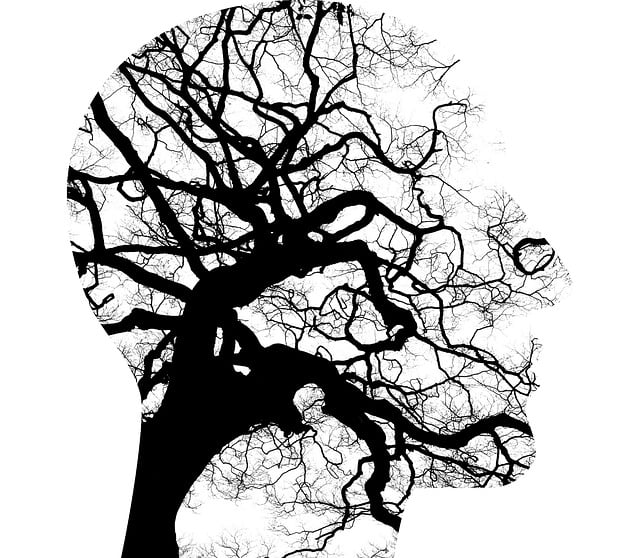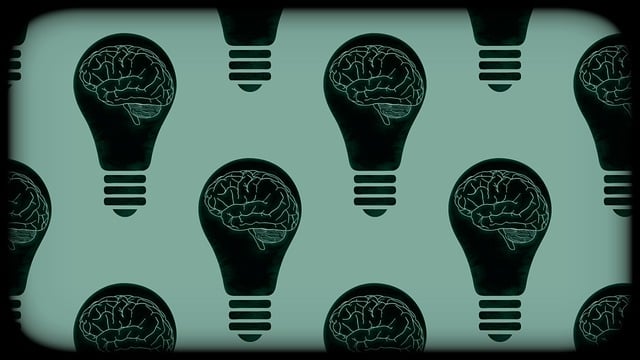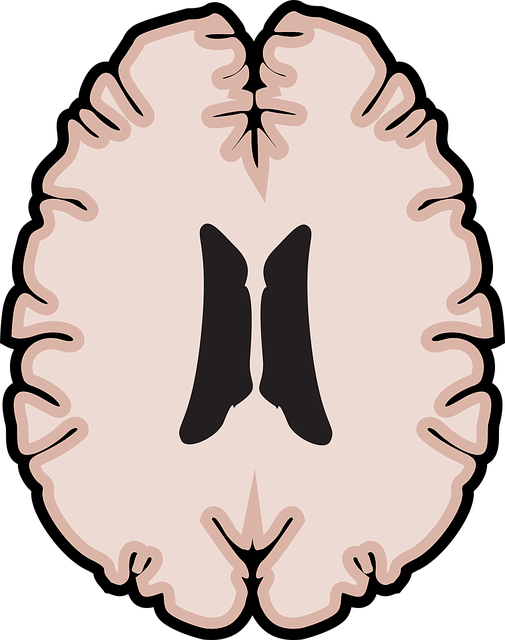Diagnosing mental illnesses accurately is challenging due to their subtle nature, diverse symptoms, comorbidity, and cultural influences on distress expressions. Parker Couples Counseling Therapy (PACT) offers a multifaceted approach, encouraging self-care practices and trauma support services to manage symptoms and improve mental health. PACT integrates social skills training and self-awareness exercises for a holistic view of individual and shared mental wellness, facilitating precise diagnoses and tailored treatment plans. This collaborative approach includes stress reduction methods like mindfulness and CBT, open communication through safe spaces, and mental health education programs that cater to diverse audiences.
Mental illness diagnosis accuracy is a critical issue, with many challenges impacting patient outcomes. This article explores these hurdles, delving into the complexities of mental health assessment. We present an innovative solution: Parker Couples Counseling Therapy (PCTC), a therapeutic approach designed to enhance diagnostic reliability by focusing on interpersonal dynamics.
Additionally, we discuss strategies to improve overall diagnosis accuracy, emphasizing the importance of comprehensive assessments and patient-centered care in PCTM.
- Understanding the Challenges of Mental Illness Diagnosis
- Parker Couples Counseling Therapy: A Novel Approach to Enhance Accuracy
- Strategies for Improving Diagnostic Reliability and Patient Outcomes
Understanding the Challenges of Mental Illness Diagnosis

Diagnosing mental illnesses accurately can be a complex and challenging task due to their often subtle nature and wide range of symptoms. Many factors contribute to this difficulty, including the diverse presentations of various disorders, comorbidity rates, and the impact of cultural and social influences on expressions of distress. For instance, what may appear as anxiety in one individual could manifest differently in another, making diagnosis a nuanced process.
At Parker Couples Counseling Therapy, we recognize these challenges and believe that improving diagnosis accuracy requires a multifaceted approach. This includes encouraging individuals to prioritize self-care practices and trauma support services, which can aid in managing symptoms and enhancing overall mental health. By fostering the development of coping skills, individuals become better equipped to navigate their experiences and seek appropriate support, ultimately contributing to more precise and timely diagnoses.
Parker Couples Counseling Therapy: A Novel Approach to Enhance Accuracy

Parker Couples Counseling Therapy (PACT) is a revolutionary approach that aims to significantly enhance mental illness diagnosis accuracy. Unlike traditional counseling methods, PACT integrates social skills training and self-awareness exercises into couple therapy sessions, providing a holistic perspective on individual and collective mental wellness. By fostering open communication and understanding within relationships, this novel technique identifies subtler signs of distress or mental health issues that might be missed in individual therapy settings.
Through PACT, therapists guide couples to navigate complex emotional dynamics, promoting better self-expression and empathy between partners. This enhanced interaction facilitates a more comprehensive assessment of each partner’s mental state, leading to precise diagnoses. By combining the power of social connection and self-reflection, PACT not only improves diagnosis accuracy but also strengthens the therapeutic bond, resulting in more effective treatment plans tailored to the unique needs of each couple.
Strategies for Improving Diagnostic Reliability and Patient Outcomes

Improving diagnostic reliability is a multifaceted approach that involves several strategies. One key method is integrating Stress Reduction Methods into traditional counseling therapies. Techniques such as mindfulness, cognitive behavioral therapy (CBT), and relaxation exercises not only enhance patient well-being but also provide counselors with valuable insights during assessment, leading to more accurate diagnoses. For instance, the collaborative effort between mental health professionals and clients in Parker Couples Counseling Therapy can create a safe space where individuals feel empowered to express their experiences, reducing barriers to open communication.
Additionally, Mental Health Education Programs Design plays a pivotal role in improving diagnostic accuracy by equipping both patients and professionals with a deeper understanding of various mental illnesses. Educating the public on recognizing symptoms and promoting mental wellness fosters early intervention, which is crucial for effective treatment planning. These programs can be tailored to diverse audiences, from general populations seeking basic knowledge to at-risk groups requiring specialized awareness campaigns. Such initiatives complement evidence-based practices, ensuring that diagnostic processes are not only reliable but also patient-centered and empowering.
Mental illness diagnosis accuracy is a complex issue, but with innovative approaches like Parker Couples Counseling Therapy, significant improvements are achievable. By combining traditional therapy with a focus on relationship dynamics, this method offers a fresh perspective on enhancing diagnostic reliability. Through strategic interventions and patient-centered care, healthcare professionals can better understand the nuances of mental health conditions, leading to more accurate diagnoses and improved patient outcomes. These efforts underscore the importance of integrating novel therapeutic techniques into standard practice.














